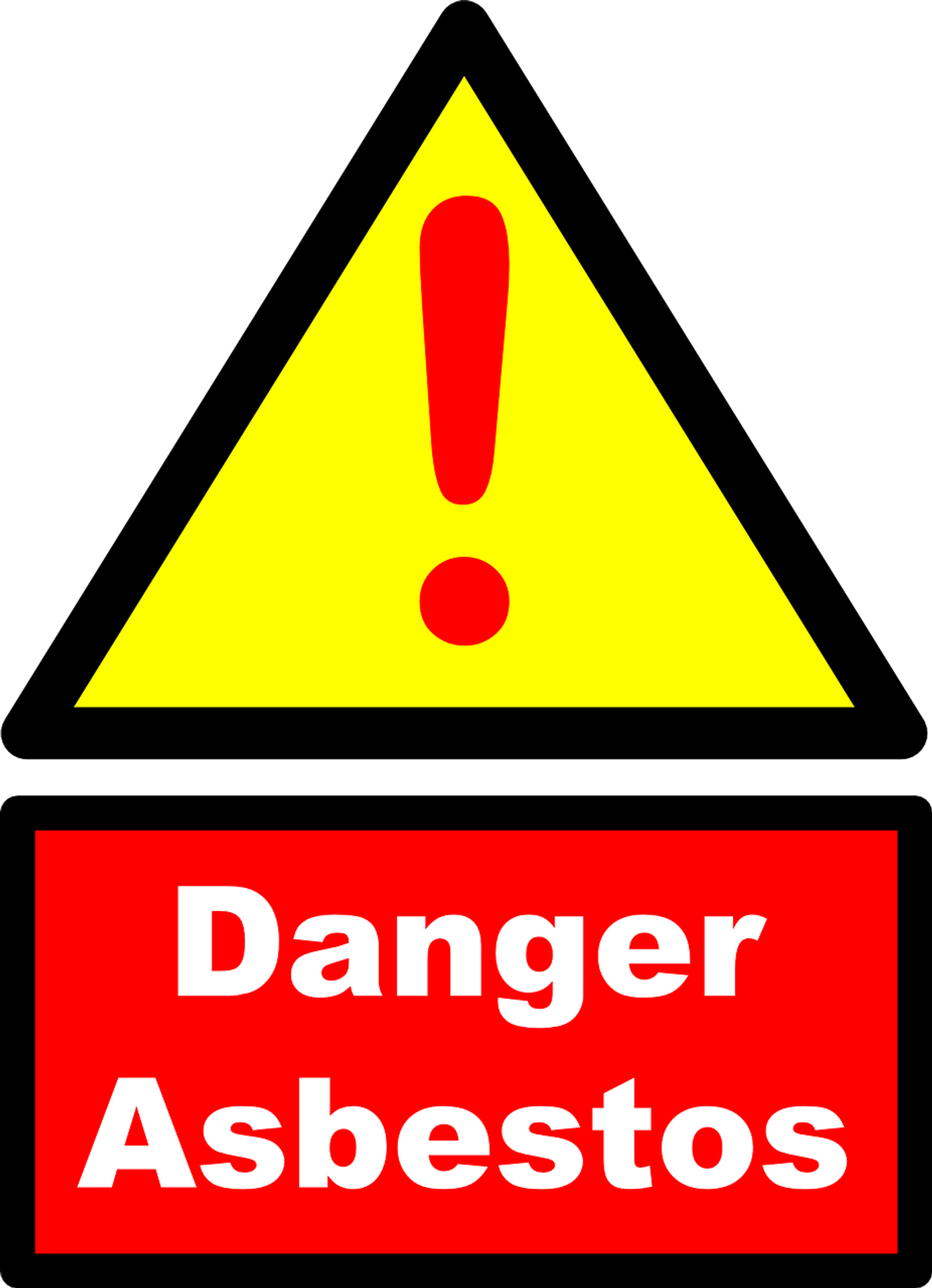Real-World Effectiveness of an Immunotherapy Combination for Mesothelioma
Mesothelioma, a type of lung cancer highly associated with asbestos exposure, has a five-year survival rate of only 10%. Following the CheckMate 743 trial, the dual immune checkpoint inhibitor (ICI) approach consisting of a combination of ipilimumab and nivolumab emerged as the standard of care for mesothelioma treatment.
Australia has an exceptionally high incidence of melanoma; approximately 6.4 in 100,000 men and 1.2 in 100,000 women develop mesothelioma. For comparison, about 1.2 in 100,000 men and 0.4 in 100,000 women in the United States develop mesothelioma. With the low five-year survival rate, Australia’s disease burden of mesothelioma remains a notable concern.
A new study published in the Journal of Thoracic Oncology evaluated the toxicities associated with this treatment in an Australian cohort. The researchers from Perth, Sydney, and Melbourne, Australia, conducted a study called RIOmeso to measure the survival outcomes associated with the dual immunotherapy regimen.
The researchers collected demographic and clinical data for mesothelioma patients treated with ipilimumab and nivolumab (IPI + NIVO). To assess survival, the researchers used the Common Terminology Criteria for Adverse Events version 5.0 (CTCAE V5.0), a standardized set of definitions to characterize adverse events.
The study included 119 patients who received treatment at 11 different medical centers. The patients' average age was 72, and most (83%) were male. While half of the patients reported as past or current smokers, 78% had known prior asbestos exposure. Most patients (75%) received IPI + NIVO as a first-line treatment, while the remaining patients received a different treatment regimen prior.
Overall survival for the entire cohort reached 14.5 months. Similarly, the group receiving first-line IPI+NIVO achieved an overall survival of 14.5 months. The authors reported a 15.4-month overall survival in patients treated with IPI+NIVO in the second or later line.
Importantly, when the researchers evaluated the toxicities reported in their Australian cohort, 24% of patients reported three or more adverse events, including three treatment-related deaths.
The authors indicate that the IPI+NIVO combination, in real-world practice, produces less robust survival outcomes than reported previously. Further, the study suggests that toxicities associated with IPI+NIVO could be higher than what doctors previously expected.
RIOmeso represents a “real world” study that tests effectiveness. Compared to trial studies that test efficacy, real-world data often takes more factors into account because it is generated in a setting with less control over the patient and treatment parameters. Thus, the benefits of a particular treatment can be notably different when assessed in the real world compared to what doctors expected based on clinical trial results.
Sources: J Thoracic Oncol (Milano), Lancet, Lung Cancer, J Thoracic Oncol (McNamee), Korean J Med Sci









